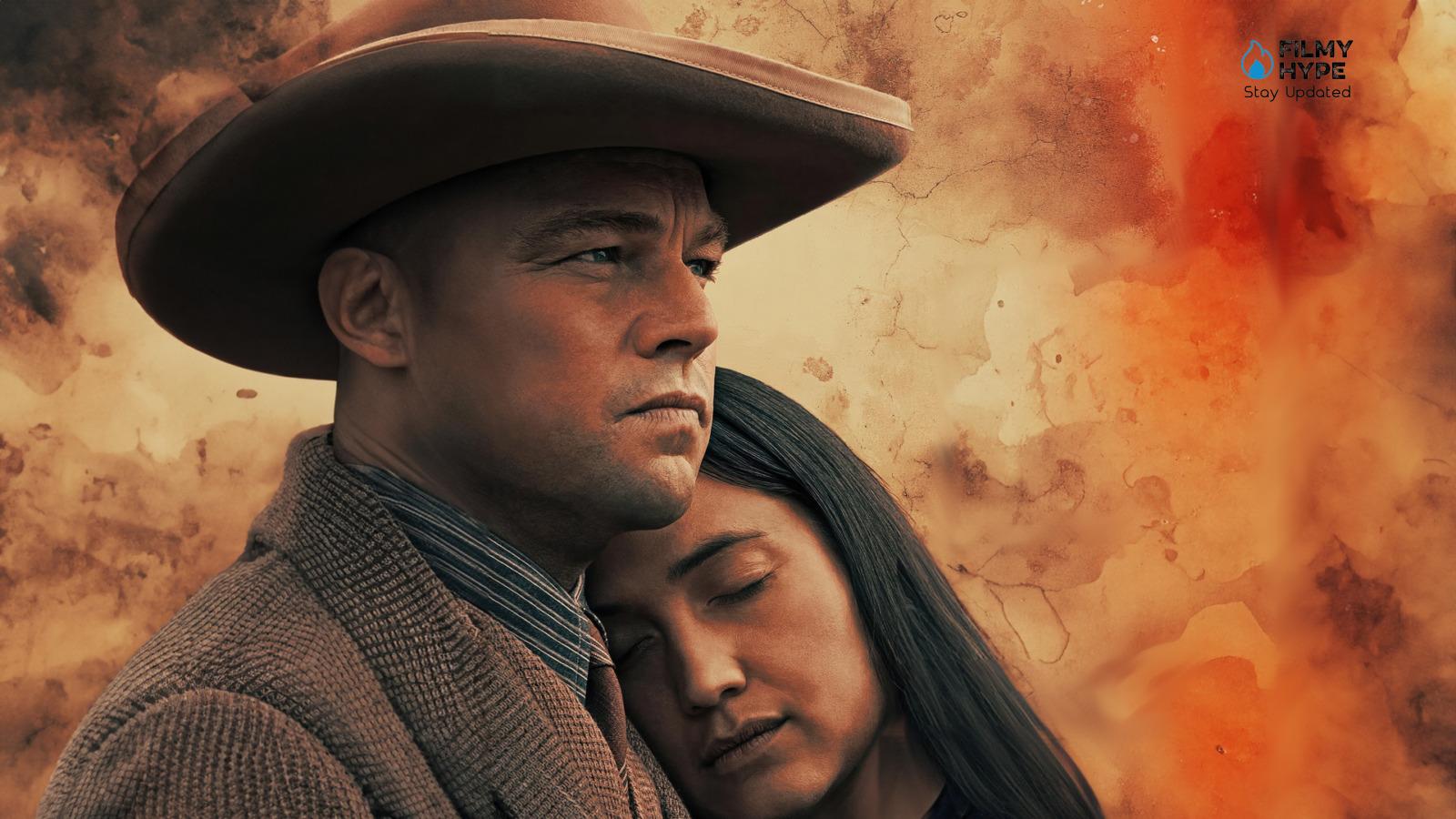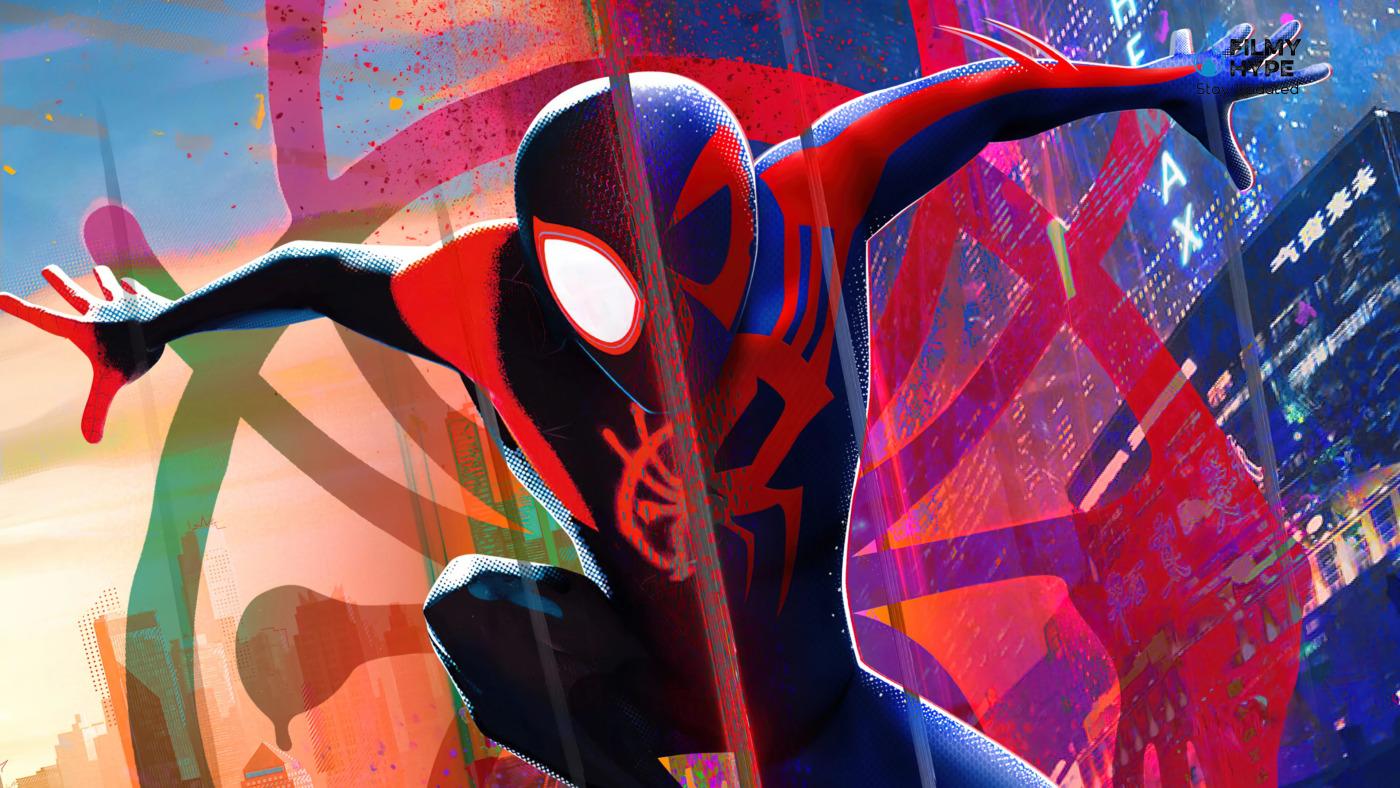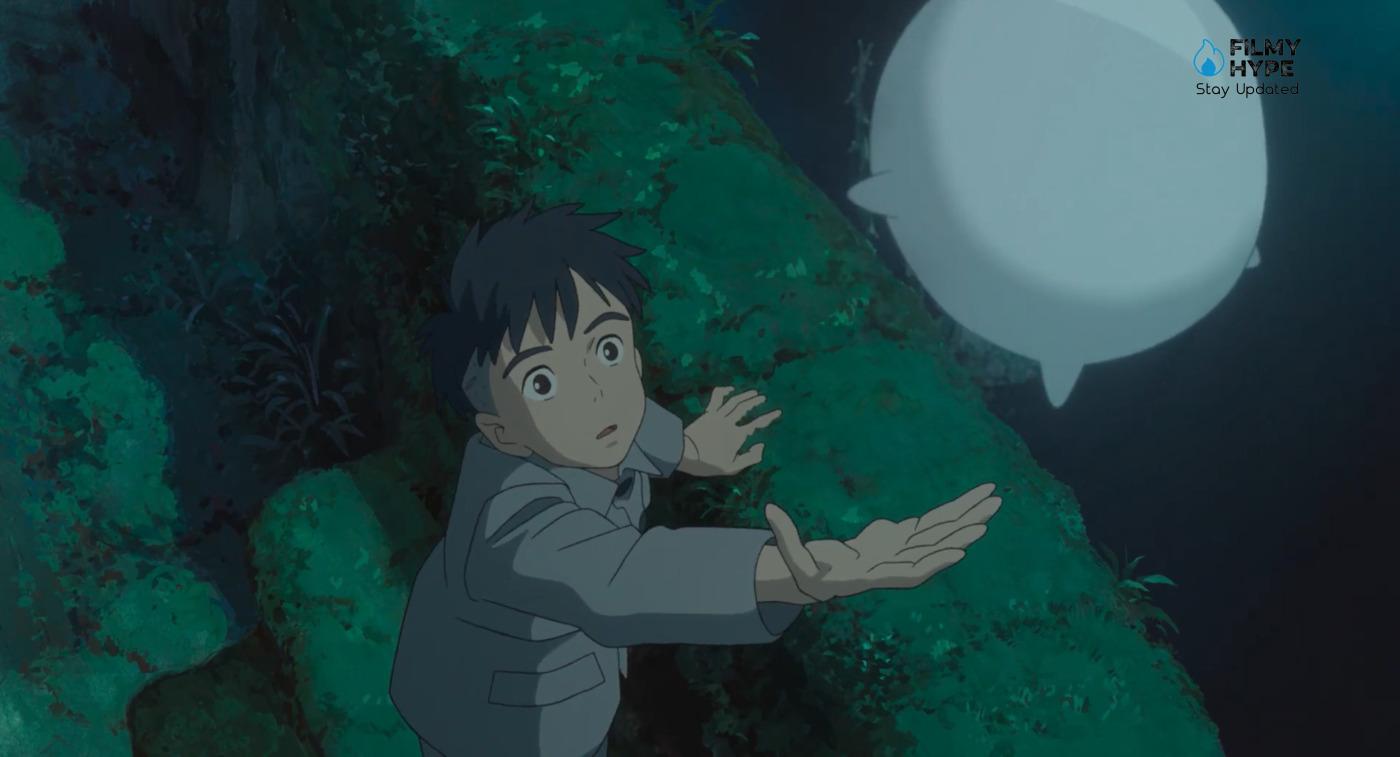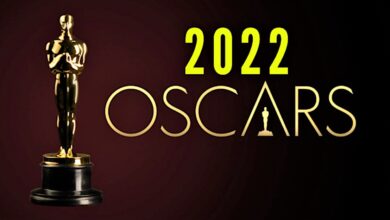Oscar 2024: Are The 2024 Oscar Nominations Fair? Here Is What We Think About Noms
Oscar 2024 nominations are announced and here is what we think about the nominations. Between indignation and celebrations, everything went as expected. Given the renunciation of recognizing value as a fact, it seems that the prevailing orientation has been, for years now, the desire to be talked about, for better or worse. But everything without ever daring, because even the unexpected detail, in the end, with the necessary considerations of the case, was not so unthinkable. The awards season finally gets underway, after the presentation of the Golden Globes and the Critics’ Choice Awards. The 2024 Oscar nominations have triggered what, at least on paper, would be the most awaited countdown for the entire industry, not just the American ones.
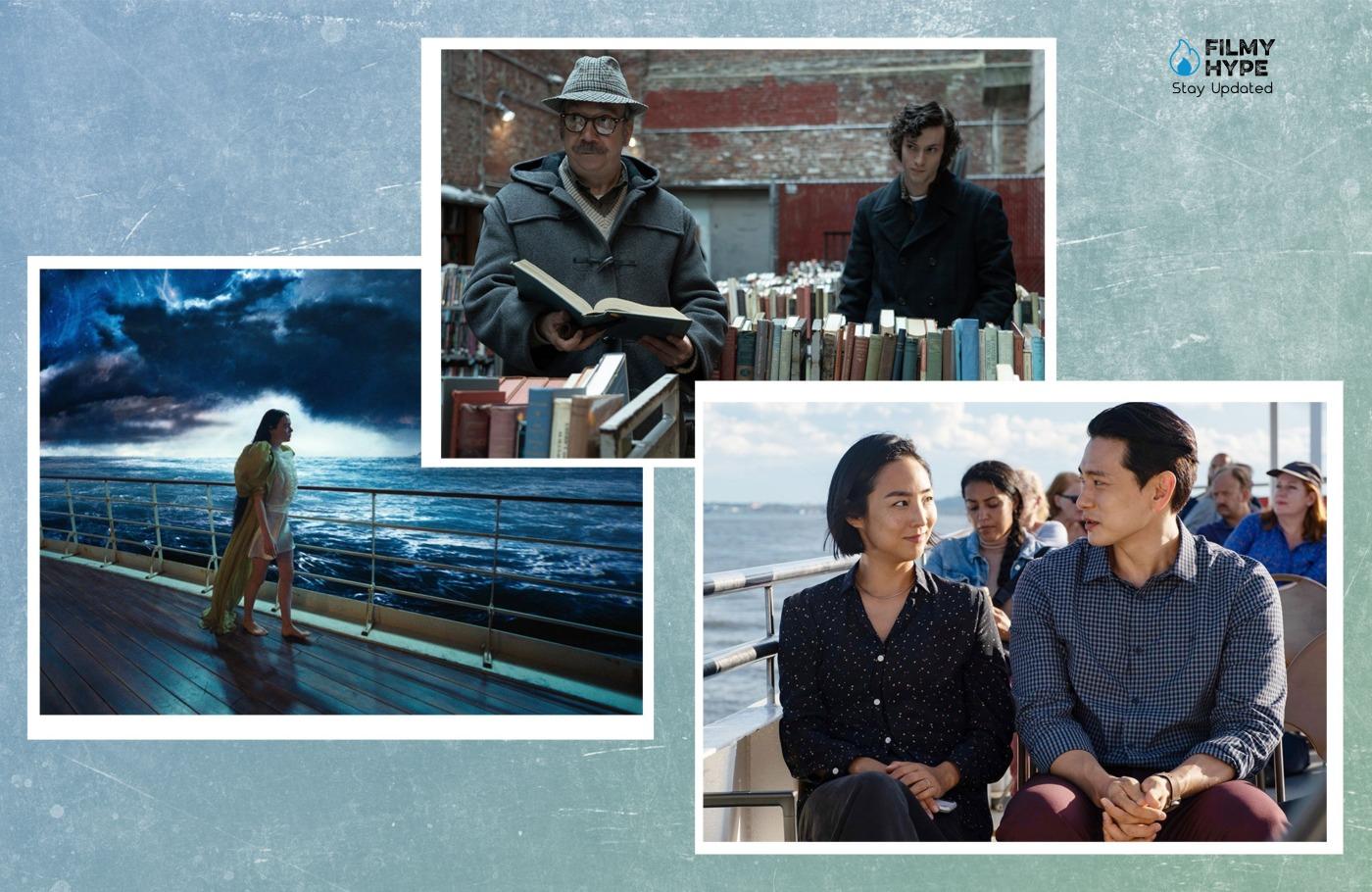
Oscar 2024: Are The 2024 Oscar Nominations Fair?
The lists announced by the two hosts of the event, Zazie Beetz and Jack Quaid, highlighted the media strength of some works but also significantly reset that of others, which instead seemed on the right path to being able to compete on multiple fronts. Oppenheimer and Poor Things demonstrate, but there wasn’t much doubt, that they are the works to beat, among the most popular in almost all the categories in which they are nominated and with the greatest number of nominations, followed closely by Killers of The Flower Moon. It is certainly still early to make judgments and predictions (which will arrive on these shores anyway, like every year closer to the final ceremony), especially keeping in mind some recent cases/disasters, CODA above all. At that juncture, the preferences and votes were changed and addressed in the last few weeks, if not days. However, we can briefly try to explore the nominations, awaiting a future, more in-depth analysis of the categories and titles in the competition.
Academy on Autopilot
It would be enough to take a look at the ten feature films nominated for best film. 2024 confirms the Academy’s tendency to keep its feet on the ground, not to dare, and to take risks. The presence of each film in the aforementioned list was highly predictable and in line with what we have seen recently. If it is true that, to dare statistically, some hoped for the presence of animation (The Boy and the Heron, as well as Spinderman: Across the Spider-Verse) or the unknown Godzilla: Minus One (which however finds, deservedly, space among the best special effects), everything seems to follow the logic seen in recent years, with the independent trying to undermine the monopoly of the commercial, a dynamic that is anything but organic but constructed on the drawing board to appear as a more elitist and internationalized, which rewards outsiders but, deep down, always attentive to the public and the interest of the latter – it must be kept in mind that the show itself must recover, given the disastrous ratings of recent editions.
And so, all things considered, Oppenheimer, despite meeting the general favor of potential voters, must watch his back carefully, for example, from Poor Things in very strong growth even if still behind in the hierarchies, or by The Holdovers on duty, one of those underdogs who could silently put a spanner in someone’s wheels. Nolan, despite writing and directing a much-seen and appreciated film (and therefore outside the reasoning regarding the Academy which no longer rewards great titles?) has on his side the fascination of the author who has long been little considered and finally ready for glory, a card that in the end it should be a winner.
Who, just a few years ago, would have bet on this situation, that is, a Nolan film that, on paper, risks winning at least ten Oscars? Let the brave come forward. Oppenheimer will most likely win also, and above all, because the public wants him to win, without forgetting the weight that biopics have always had in the final choice. And it is unlikely that one will choose not to take it into account, even the predicted sweep may not be so certain. In addition to the main category, the one for director also seemed rather predictable, and perhaps, among the eligible candidates nominated, it is only Alexander Payne who pays the price: thus, Glazer and Triet smile, solidifying the position of their successes, also in the running for best film. And it should be noted that three out of five directors are not American, of which two are non-English speaking.
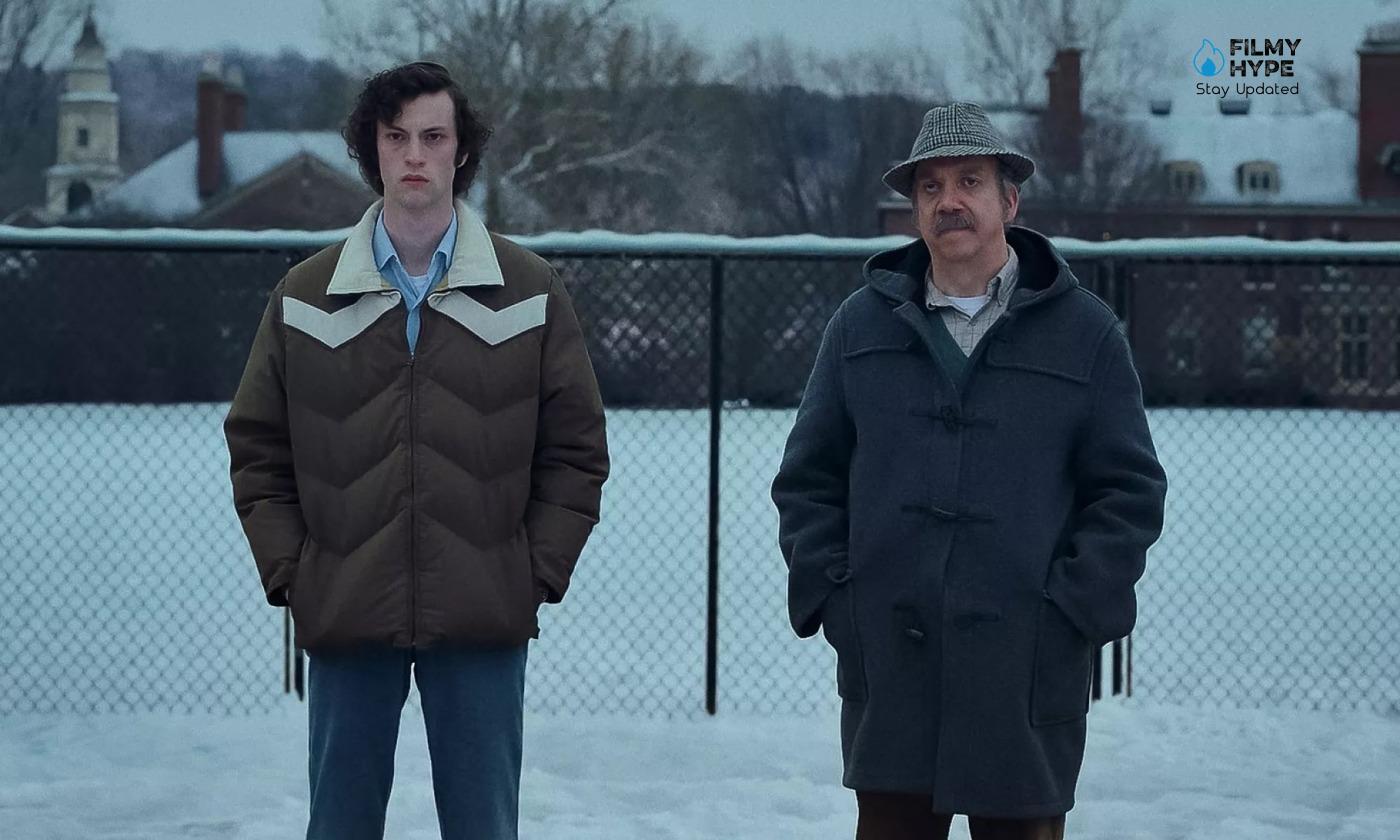
Little to say about the actors, protagonists or otherwise, because DiCaprio seemed to start far behind in the preferences and his absence is not surprising, while the exclusions of Dominic Sessa or Willem Dafoe, in favor of Mark Ruffalo in great shape, do not raise one’s nose anymore a lot. A very solid Giamatti appears, at least to date and against all initial expectations, a little ahead of Murphy, as does Robert Downey Jr. over Gosling. There will be races decided on the millimeter, especially the first one. Even on photography, there were very few doubts, almost none on the eve (and in some ways on almost all the technical awards, which rarely leave room for unexpected events), while as regards animation it was not easy to suppose a total renunciation of Disney or Pixar, given the negative but fair treatment reserved for Wish and Once Upon a Studio: Elemental snatches the pass against TMNT and Chicken Run, but it remains an obvious and contested duel between Miyazaki and Spider-Man, with the former, at the moment, having more chances. Nothing to report also for the candidate screenplays, with the fight that will be very tough for the adapted one, while on the original front, the Academy rejects any possibility of an encore for Emerald Fennell (here is the review of Saltburn, a major exception to the edition and maybe that’s fine).
Anatomy of a Falling Doll
Come on, the elephant in the room is addressed immediately. The lack of nomination for Margot Robbie in the role of Barbie, (Emma Stone and Lily Gladstone start rubbing their hands, both in pole position) is partly unexpected, especially given her key role in the production, promotion, and success of the product, but not entirely absurd. In recent weeks, Greta Gerwig’s film – absent from the five dedicated to directing – seems to be noticeably in decline, confirming, as the awarding of the Golden Globes had already hinted at, the downsizing of the phenomenon, but not to be given up completely, since it is not desirable not to reward him – even at the cost of creating ad hoc categories.

In the running for best film (more precisely as a phenomenon, in the wake of Top Gun: Maverick, and because there are ten nominees and not five) and adapted screenplay (where it seriously risks winning despite being the worst of the five), the Barbie’s face is also saved thanks to the presence of America Ferrera, decidedly questionable but not impossible to think of, among the supporting actresses. Category, the latter mentioned, in which the lucky Ferrera and Danielle Brooks – The Color Purple could not remain empty-handed, therefore away with sops – trip up Sandra Hüller, however, nominated as the protagonist, Julienne Moore and Penelope Cruz (May December by Todd Haynes takes home a single nomination, for the screenplay, while not even a single nomination from Ferrari). Among the non-protagonists, moreover, the only name that logically makes sense is that of Da’Vine Joy Randolph, the announced winner. To conclude with the actresses, the lack of nomination, an almost criminal act, for Greta Lee, interpreter of Past Lives, echoes.
The real big shock of the day, at least in Italy, however, comes from one of the categories that seemed locked down, and out of question. I Captain by Matteo Garrone enters the top five for best international film, when the possibility of doing so had almost completely disappeared, especially if you think of some of the films left out, such as the magnificent Fallen Leaves by Aki Kaurismäki or the well-rated 20 Days in Mariupol. The Italian opera is the least strong of the five, with chances of triumph reduced to a minimum but being there is a considerable achievement and as such should be celebrated.
And staying on the topic, who knows what they are thinking in France, guilty of not having chosen Anatomy of a Fall to represent the country: Justine Triet’s film takes home five very important nominations, in the main categories, confirming itself as a huge success overseas, probable winner, potentially, of the category but unable to be part of it due to the lack of selection at home (according to some, due to a vitriolic political comment, La Passion de Dodin Bouffant was preferred to him, not arriving as in the most bitter of scripts), not new to slips of this type, just remember the choice of the beautiful Titane instead of Happening.
The French film is growing day after day and despite starting behind, it should be kept under close observation, because something says that it will not be a simple appearance in many of the categories. In the shorts, Wes Anderson can smile with The Wonderful Story of Henry Sugar – Asteroid City went unnoticed by most, except those who hated it – but inexplicably, a truly gigantic question mark, there is no trace of Almodovar, whose Strange Way of life seemed the real favorite to win the final. Final thoughts for the record Martin Scorsese and John Williams (a sacrosanct nomination for the former, a sort of “lifetime achievement mention” for the latter) and American Fiction, a debut film with 5 nominations (including best film and due recognition for Jeffrey Wright) but not even the shadow of an Italian distribution. Great foresight.

